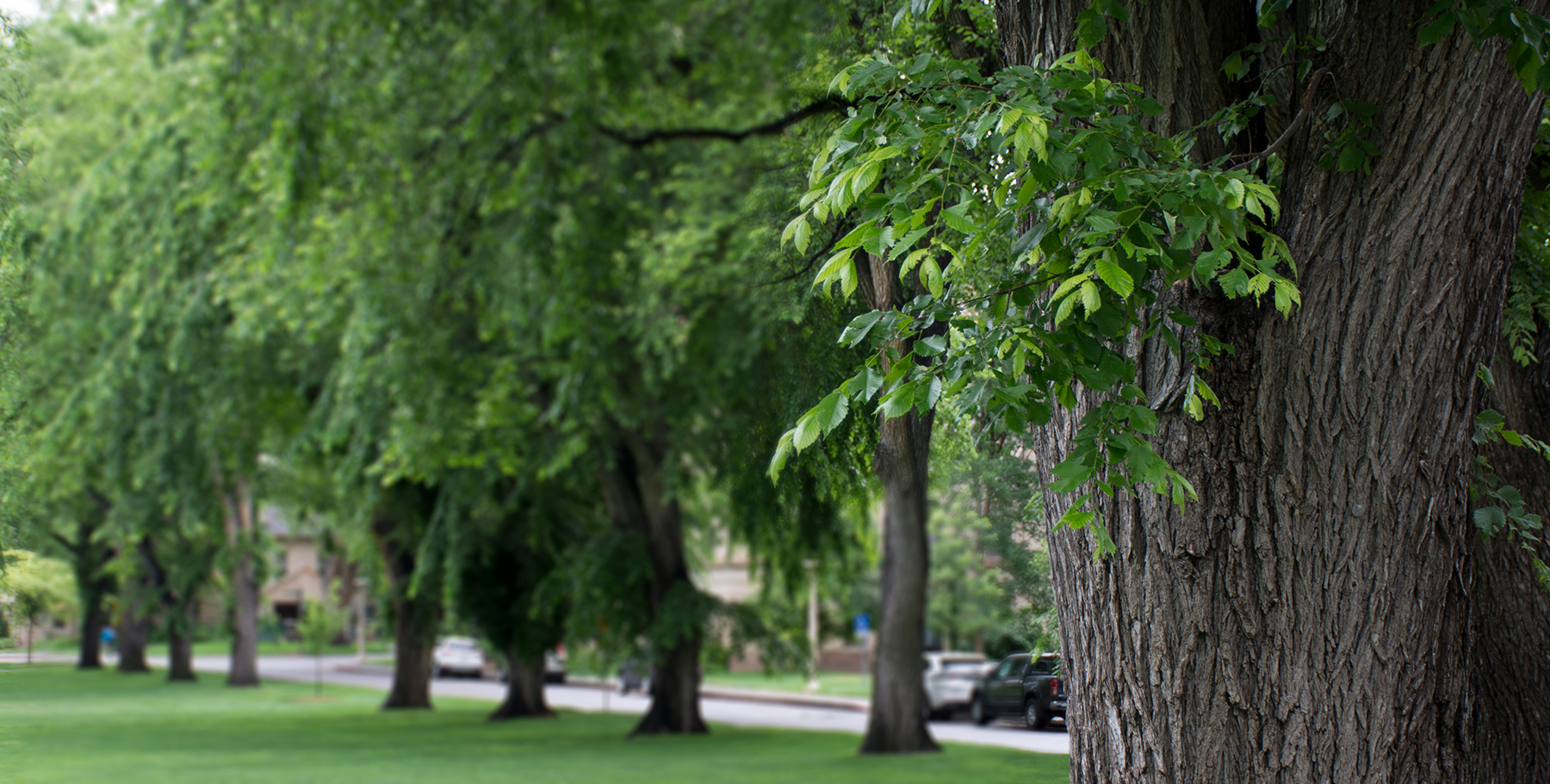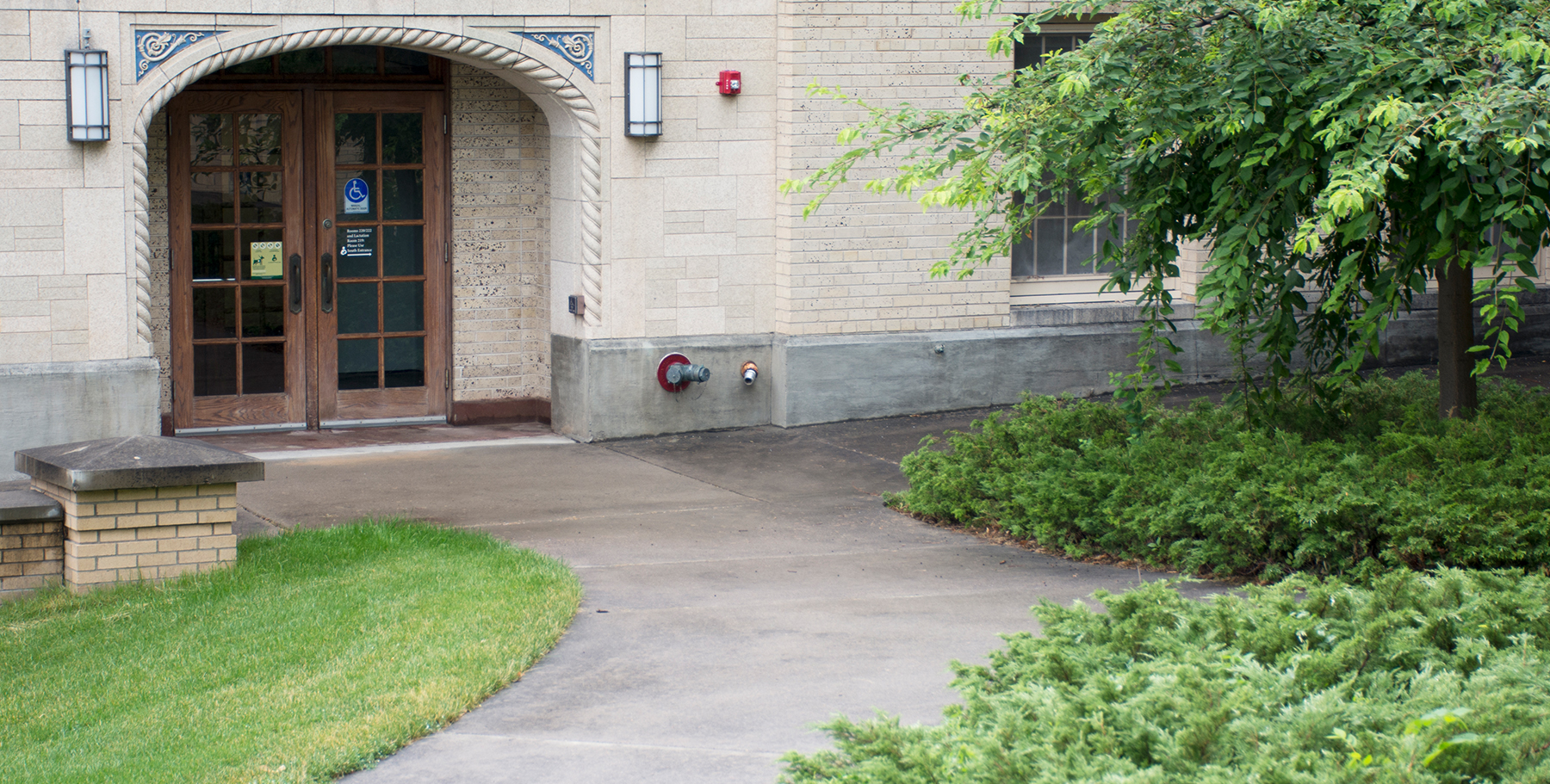Colorado State University’s commitment to environment and global sustainability is as old as the campus itself, and well aligned with the University’s land-grant mission. In the summer of 2008, CSU announced the creation of a campus-wide school to address environmental challenges on a global scale through broad-based research, curricular, and outreach initiatives.
The School of Global Environmental Sustainability was founded to confront global changes in the environment by providing the cross-college infrastructure to better integrate and more fully capitalize on the University’s historic strength in environmental research and education.
Environmental problems are no longer isolated within one field of study. The School positions CSU to address the many interrelated challenges to global sustainability. Issues include food security, poverty, inequality, water quality and use, desertification, clean energy, climate change, biodiversity, globalization, industrial ecology, sustainable engineering, population growth, and urbanization.

Vision
A world that is environmentally healthy, socially equitable, and economically vibrant.
The School was uniquely designed to reach across disciplines and colleges to forge new alliances and advance greater understanding of the challenges to achieving sustainability faced by our nation and global community.

Mission
- conduct innovative research that leads to new and deeper understanding of sustainability issues
- provide a challenging, integrative, and provocative education that gives our students knowledge and tools that enable them to contribute to environmental sustainability
- engage with the public, decision-makers, and other stakeholders to translate discoveries into useful information and practical solutions to pressing environmental problems
CSU Land Acknowledgment
Colorado State University acknowledges, with respect, that the land we are on today is the traditional and ancestral homelands of the Arapaho, Cheyenne, and Ute Nations and peoples. This was also a site of trade, gathering, and healing for numerous other Native tribes. We recognize the Indigenous peoples as original stewards of this land and all the relatives within it. As these words of acknowledgment are spoken and heard, the ties Nations have to their traditional homelands are renewed and reaffirmed.
CSU is founded as a land-grant institution, and we accept that our mission must encompass access to education and inclusion. And, significantly, that our founding came at a dire cost to Native Nations and peoples whose land this University was built upon. This acknowledgment is the education and inclusion we must practice in recognizing our institutional history, responsibility, and commitment.
For more resources, visit the CSU Land Acknowledgement webpage.
